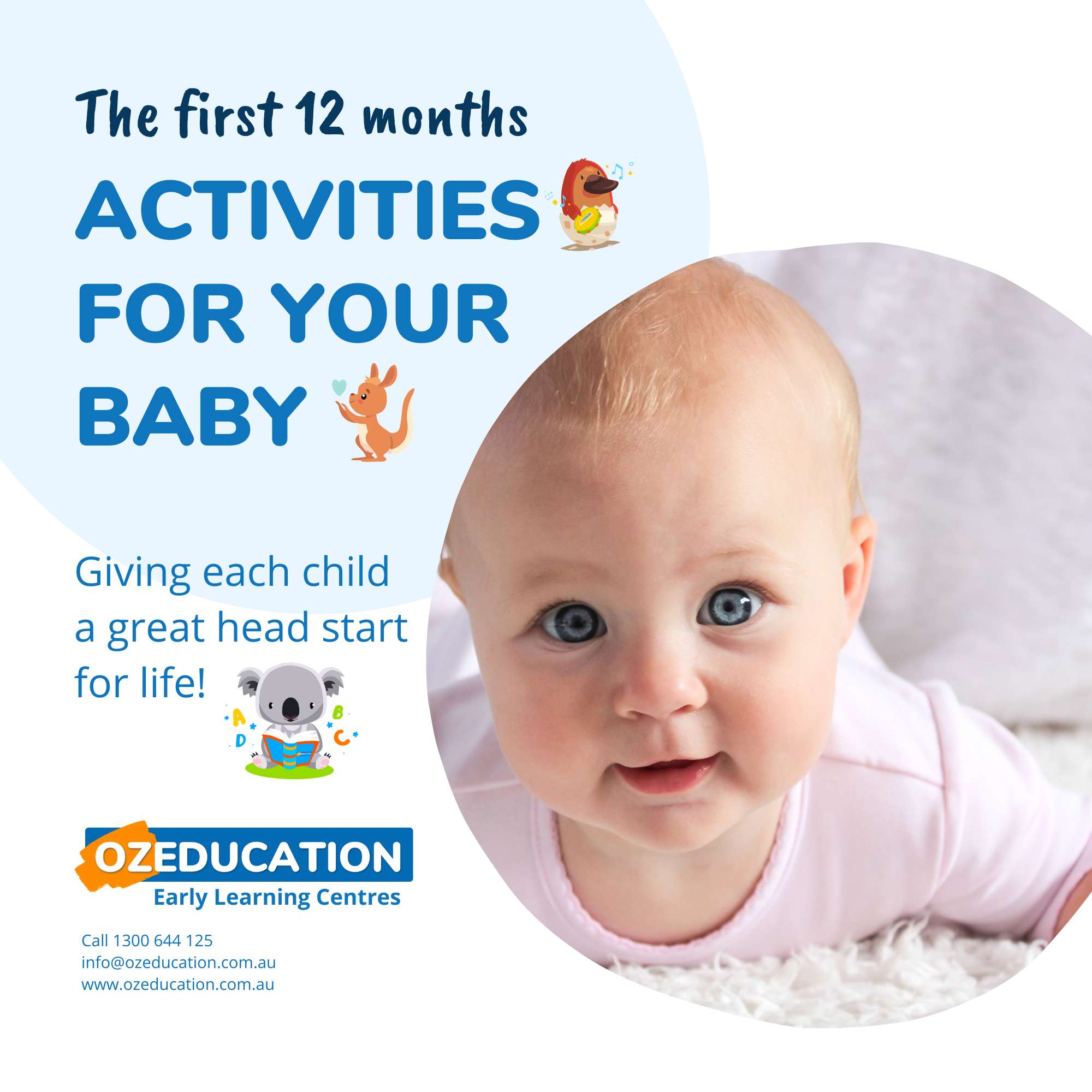
The early years of a child’s life are pivotal for emotional and social development. Early childhood education offers more than just an academic foundation—it also plays a critical role in helping children develop the emotional intelligence and social skills they will carry with them throughout their lives.
Why Social and Emotional Skills Matter
From learning to share and cooperate with peers to understanding their own emotions, young children are constantly learning how to navigate the world around them. These social and emotional skills are essential for success in school, relationships, and beyond.
The Benefits of Social and Emotional Learning in Early Childhood Education
Stronger Relationships: Children who are taught how to express their feelings, share with others, and work through conflicts tend to build stronger relationships. This foundation of positive social interaction will support them through all stages of life.
Increased Self-Regulation: Early childhood education helps children learn self-regulation, allowing them to manage their emotions and actions. This skill helps children focus, follow instructions, and participate in structured activities, which are key to academic success.
Better Mental Health: Emotional development at a young age helps children cope with stress, anxiety, and frustration. By learning how to identify and manage their feelings, children are more resilient and better able to face challenges in life.
Improved Academic Performance: Children who are emotionally and socially prepared for school tend to perform better academically. Their ability to work well with peers, follow directions, and handle frustration makes it easier to succeed in the classroom.

How Early Childhood Education Supports Social and Emotional Growth
Programs that focus on social and emotional learning (SEL) encourage children to understand and manage their emotions, build healthy relationships, and make responsible decisions. Here are some ways early education fosters these skills:
- Group Activities: Group play and cooperative games allow children to practice communication, teamwork, and problem-solving in real-world scenarios.
- Role-Playing: Educators can introduce scenarios where children practice sharing, taking turns, and negotiating with others. These activities help develop empathy and conflict resolution skills.
- Encouraging Self-Expression: Creating environments where children can express themselves—whether through art, words, or movement—helps them better understand their emotions and how to communicate them.
By supporting social and emotional development early on, children are better equipped to thrive in school, build meaningful relationships, and approach life’s challenges with resilience.
Free Parenting Guide
Our Free Guide ‘The first 12 months – Activities for your Baby’ outlines some important developmental milestones and activities that you can enjoy whilst encouraging your baby’s healthy development from 0-12 months and beyond.
Need a bit of Help?
At Oz Education, we understand the challenges of early parenting. That is why we are committed to supporting both yourself and your family through this transformative phase. With expertise and a nurturing approach we are here to provide guidance, answering questions and providing child care focused on fostering little ones through their many learning and developmental milestones. Feel free to visit our Early Learning Centres by booking a tour with us to explore further care and support options through this exciting time.


